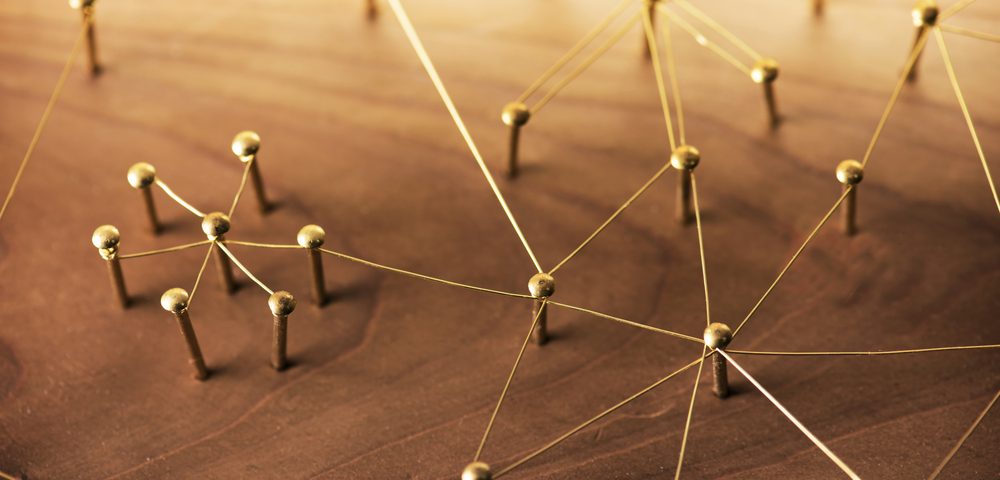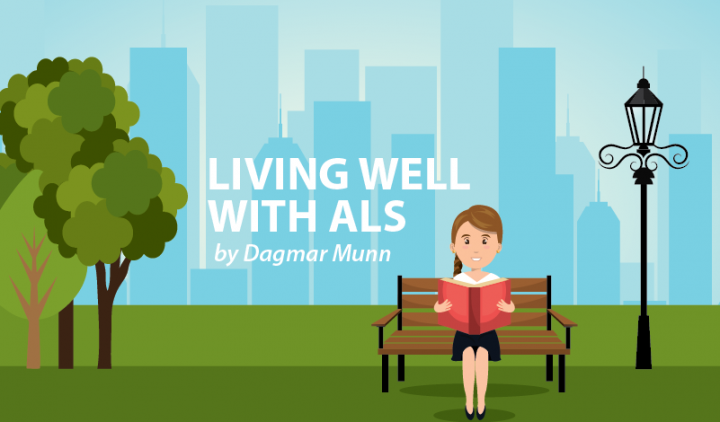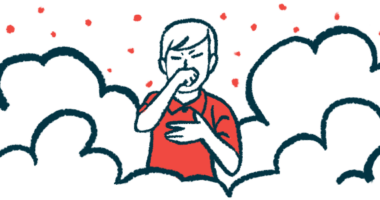Stepping Out of My ‘ALS Silo’

Growing up in Iowa, I knew that silos were beneficial for farmers who used them to store grain and corn. When I entered the workforce, silos were a negative thing. It was a term used to describe how some departments or managers don’t share information with other departments and managers. A silo mindset at work slows things down and can affect employee morale. We all tend to create and live in our own silos; especially when it comes to things like music, politics, sports, or even living with a serious disease such as ALS.
For example, we see an ALS specialist, attend an ALS support group, participate in an ALS chatroom, and immerse ourselves in “all things ALS.” ALS becomes our silo. Even medical experts can get stuck in a research silo; a singular-focused and no “out-of-the-box” thinking mindset.
My out-of-the-box moment
When I was diagnosed with ALS in 2010, I experienced balance issues. Despite researching the popular ALS websites at the time, I couldn’t find a solution to meet my specific needs. So I broke out of my silo and searched for, “Who loses their sense of balance and then gains it back again?”
The answer was astronauts!
For astronauts, each Earth landing meant having to recover their equilibrium. They accomplish that through slow, progressive training; in only three to four weeks they are back to normal. I also learned that the best exercises for inner ear health are those that move the head up, down, sideways, and in full rotations. I tried it, liked the results, and shared it in a blog post.
Stepping out of my silo
Recently, I had another out-of-silo experience. It was right here, with Bionews, the online health news company that publishes this column.
Bionews is a unique organization representing more than 50 rare disease communities. It’s virtual with patient columnists, news writers, editors, and support staff scattered across 17 countries and 30 states. That alone could lead to a lot of silos! But there’s not any to be found. Founder and CEO, Chris Comish, has us all connected via Slack: a cloud-based communication tool that makes it feel like we’re all in one big cozy office.
But you know, sometimes it’s hard to meet the folks on the other side of the “room.”
Enter, donut pairings. This special project through Slack randomly pairs up Bionews employees to meet up online for a chat over virtual coffee and donuts. My first donut pairing was fun and enlightening.
I was paired up with a young woman who lives in the U.K. and writes a patient column about her endometriosis. Initially, I felt anxious about meeting someone new and even wondered, what in the world would we have in common to talk about?
But any potential silos-in-hiding quickly melted away as I discovered she used to teach yoga — just like I did. She loves to knit — another common interest. And she has a goal of running in the London Marathon — not like me, but her personal story of learning how to walk again, one slow step at a time, resonated deeply.
All in all, I felt good that I had stepped out of my ALS silo, made a new friend, and expanded my weekly mantra to:
“We can live well while living with a rare disease.”
***
Note: ALS News Today is strictly a news and information website about the disease. It does not provide medical advice, diagnosis, or treatment. This content is not intended to be a substitute for professional medical advice, diagnosis, or treatment. Always seek the advice of your physician or other qualified health provider with any questions you may have regarding a medical condition. Never disregard professional medical advice or delay in seeking it because of something you have read on this website. The opinions expressed in this column are not those of ALS News Today or its parent company, Bionews Services, and are intended to spark discussion about issues pertaining to ALS.








Patricia
Hi Dagmar, I am curious about Bionews. Could you on your own words explain a little about them?. I know they group rare deseases and send out specific information. What other else happens within that community? I was intrigued by the link "find out how we can work with you"
Thanks for your constant uplifting comments.
Dagmar Munn
Patricia, BioNews is an online news publications company that focuses on representing rare diseases (like ALS) that often get lost in the crowded arena of health news. The big diseases like cancer and heart get all the attention. BioNews publishes relevant research, health news and patient perspectives(like my column) for 50+ rare diseases. We finally have a voice! Hope that answers your question :)
Patricia
Yes, thank you
Patricia
Yes, thank you.